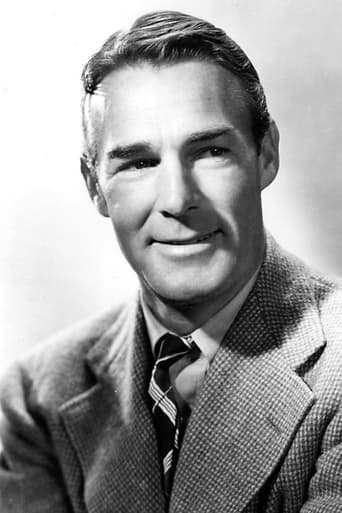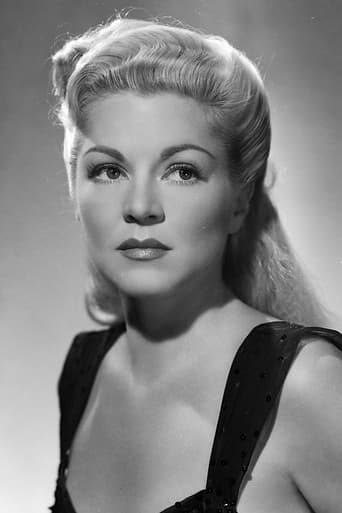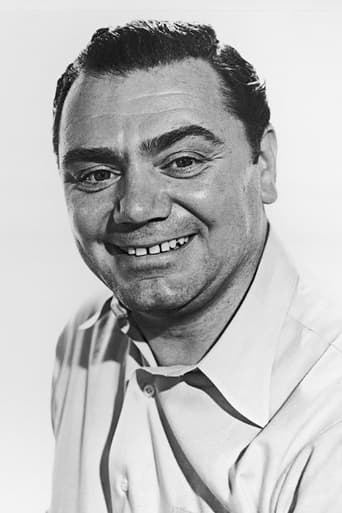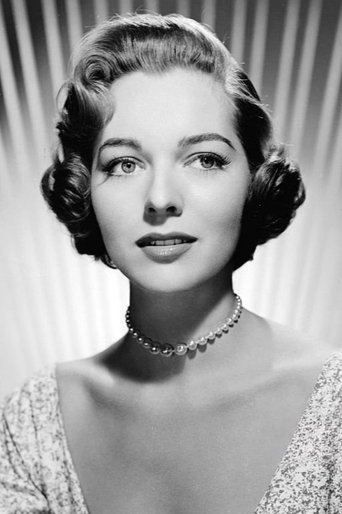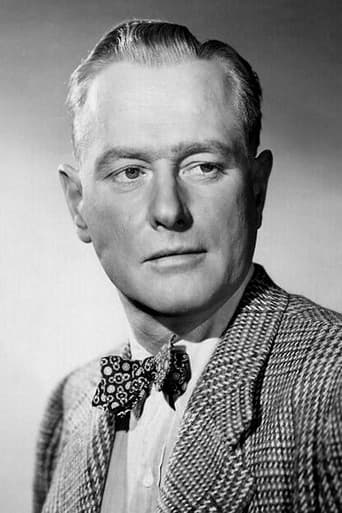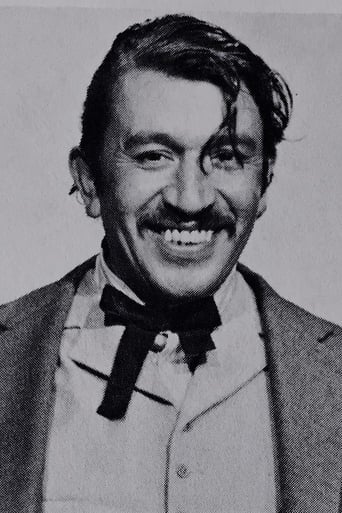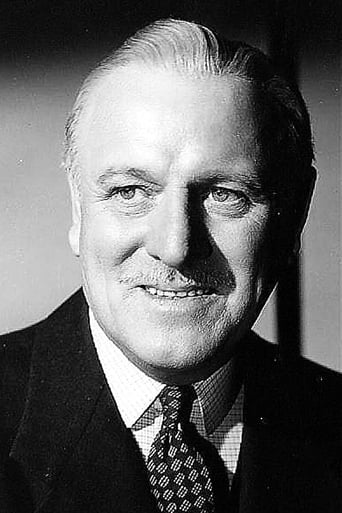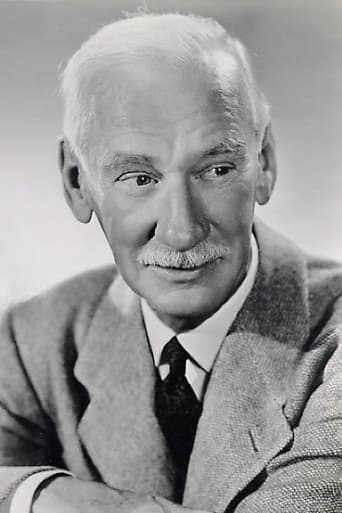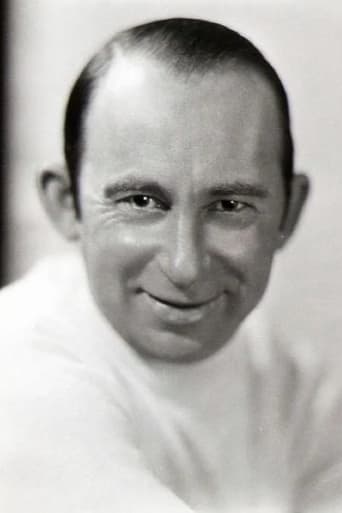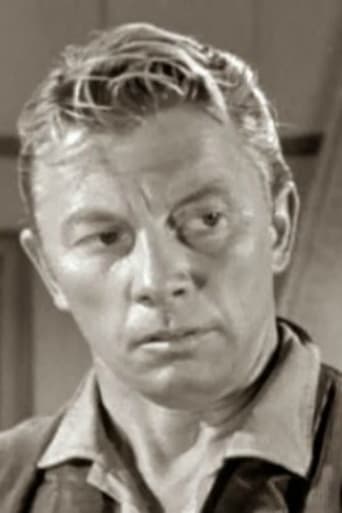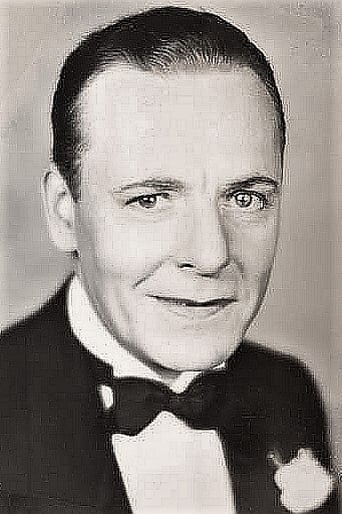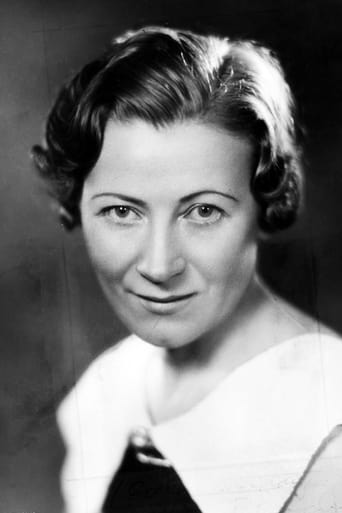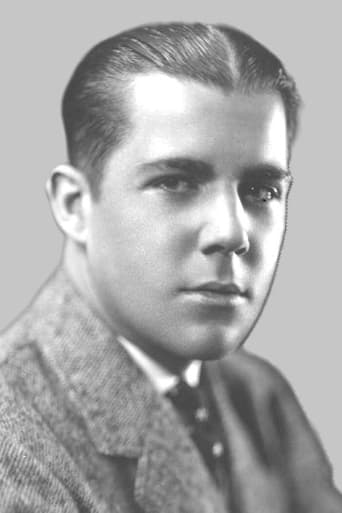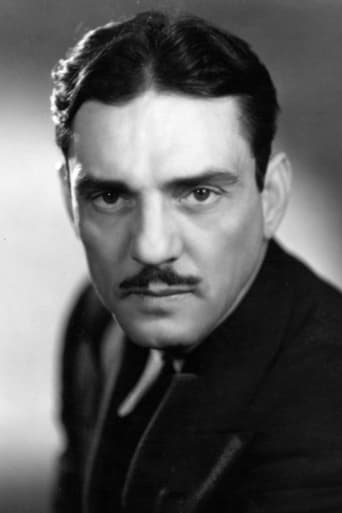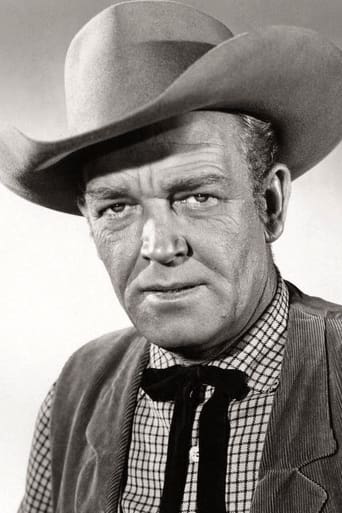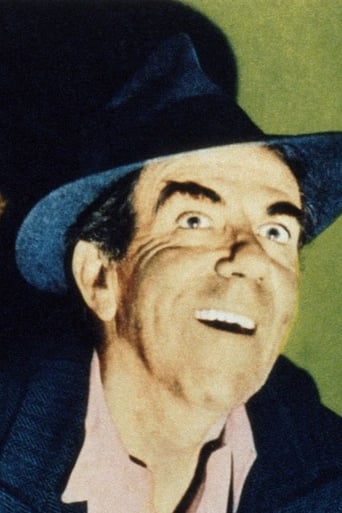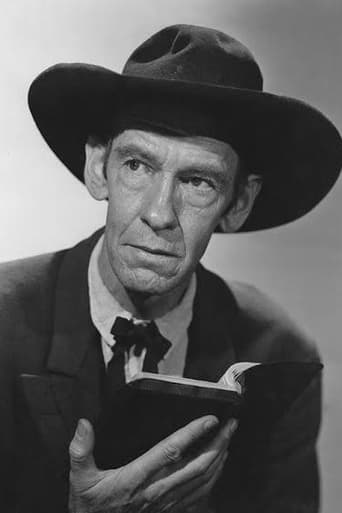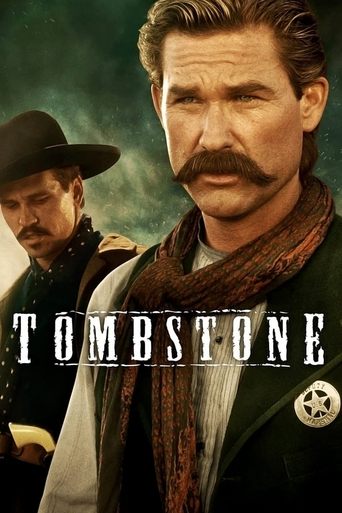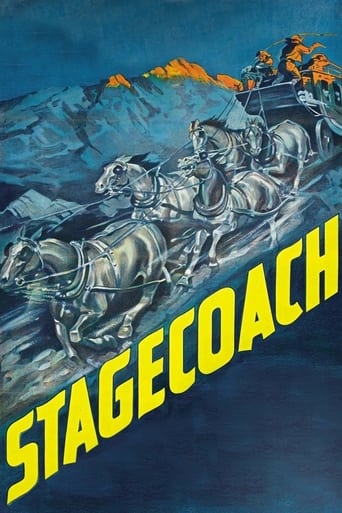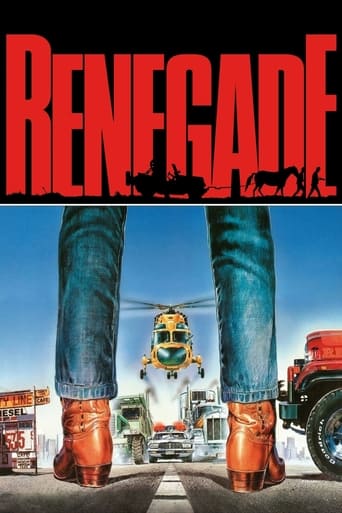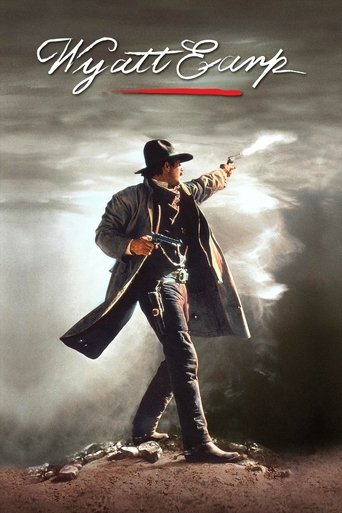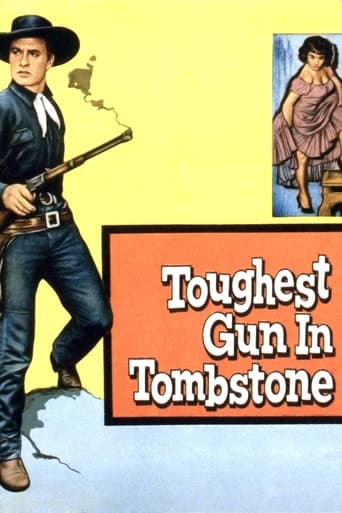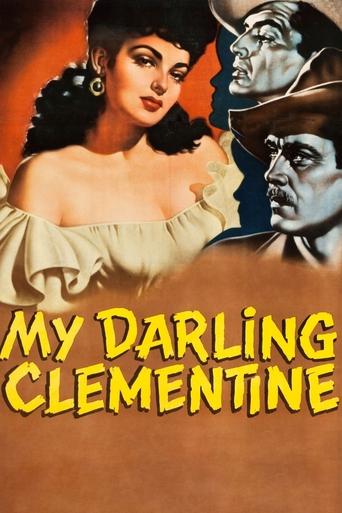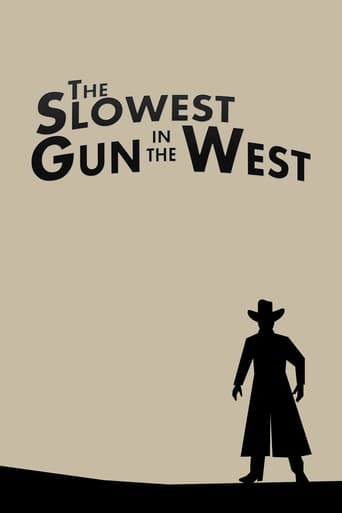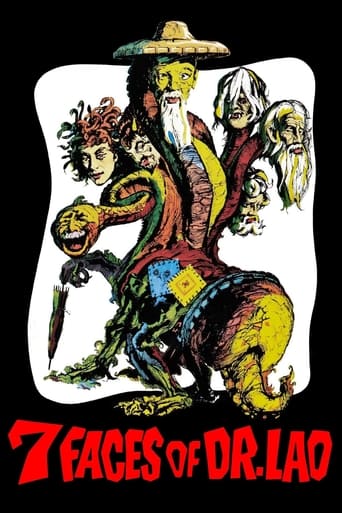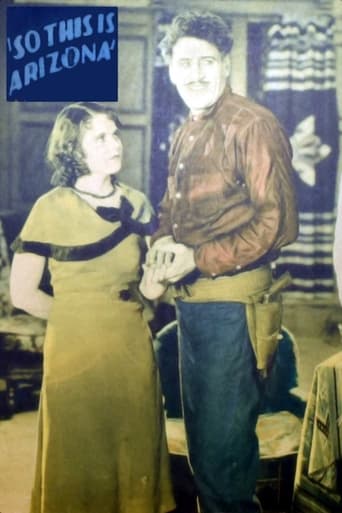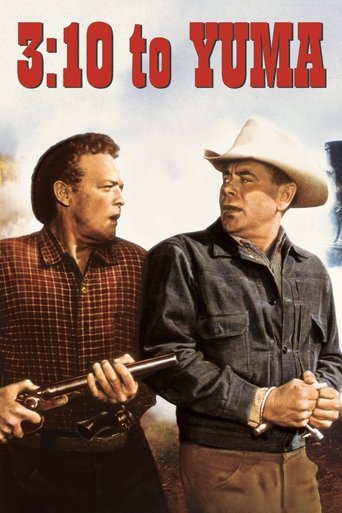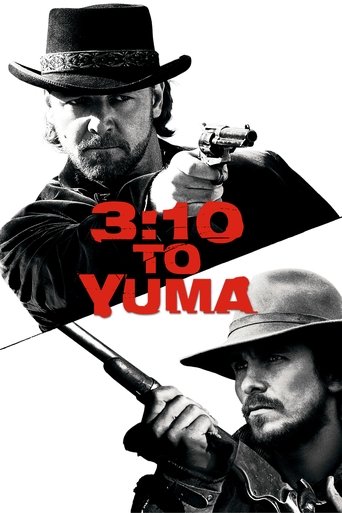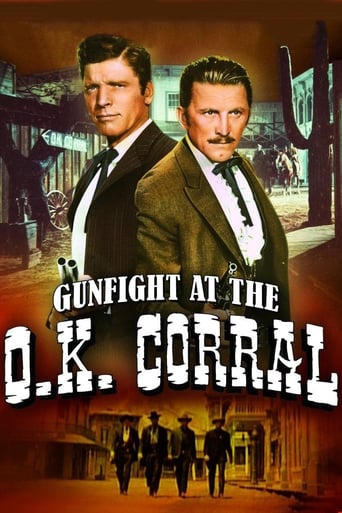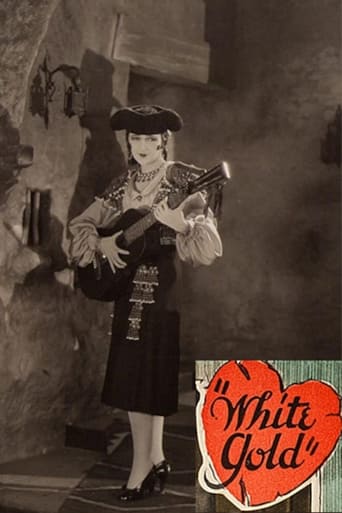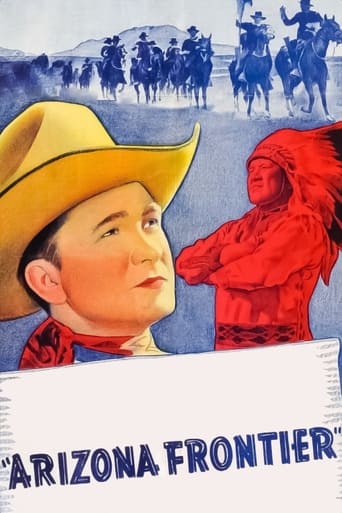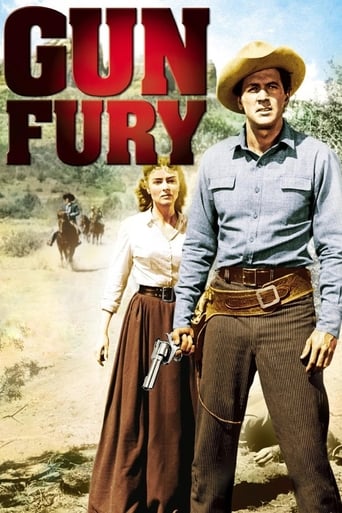
The Stranger Wore a Gun (1953)
Having been a spy for Quantrill's raiders during the Civil War, Jeff Travis thinking himself a wanted man, flees to Prescott Arizona where he runs into Jules Mourret who knows of his past. He takes a job on the stage line that Mourret is trying to steal gold from. When Mourret's men kill a friend of his he sets out to get Mourret and his men. When his plan to have another gang get Mourret fails, he has to go after them himself.
- André de Toth
- Willard M. Reineck
- Kenneth Gamet
- John W. Cunningham
Rating: 5.4/10 by 30 users
Alternative Title:
L'étranger est armé - BE
Country:
United States of America
Language:
English
Runtime: 01 hour 22 minutes
Budget: $0
Revenue: $0
Plot Keyword: arizona, wanted man
Jeff Travis – Quantrill’s Conscience. The Stranger Wore a Gun is directed by Andre De Toth and adapted to screenplay by Kenneth Gamet from the story Yankee Gold written by John W. Cunningham. It stars Randolph Scott, Claire Trevor, Joan Weldon, George Macready, Alfonso Bedoya, Lee Marvin, Ernest Borgnine and Pierre Watkin. A Technicolor/3-Dimension production, music is by Mischa Bakaleinikoff and cinematography by Lester White. Jeff Travis (Scott) was a spy for Quantrill's Raiders, but after disagreeing with the savagery he witnessed during The Lawrence Massacre, he decides to head off to Prescott, Arizona to start a new life. Unfortunately his reputation precedes him and it's not long before he is in the middle of robberies and murder as the hunger for gold rears its ugly head. As anyone who has seen it in its 2D print will attest, the 3D moments in this look rather bad, some films have been able to get away with it, but this is not one of them. However, mercifully this isn't a production that throws things at the screen every five minutes, or one that films every action sequence in depth perception. As it is, the 3D scenes are the least of the problems on show here, where were it not for the stoic Scott, the lovely Trevor and the novelty value of early turns from Marvin and Borgnine, then this would actually be a below average disaster. It's sometimes fun, but not always intentionally, and it looks very nice from a location perspective (Alabama Hills, Lone Pine), but the cast are saddled with a mediocre and unadventurous screenplay. The subject of Travis' past is briefly dangled, intriguingly so, with the fact that he is scarred from his "work" as a soldier of the Civil War grabbing the attention, but it's quickly dispensed with to pitch this interesting character into a cliché riddled "town rascals at work" plot. There's a boorish love triangle that's as pointless as it is obvious as to where it will end up, and Bedoya is irritatingly awful to the point his scenes are practically unwatchable. De Toth seems strangely off form on this one, you would tend to think the 3D filming had him losing his focus, but in this same year he crafted the hugely successful House of Wax in 3D. So he obviously had a knack for depth filming. He also this same year made Thunder Over the Plains with Scott, a significantly better Western than what is on offer here. In one fight scene between Scott and Borgnine, the director struggles to hide the fact that Borgnine has suddenly lost 50 pounds and Scott is 15 years younger! It's very poor from a director who undoubtedly had great talent. It's one for fans of the name actors only this one, a picture to tick off your lists, to be forgotten and consigned to Cinema Boothill. 5/10
**_Randolph Scott is caught between good and evil in this action-packed oater_** A spy used in the infamous Quantrill raid on Lawrence, Kansas (Randolph Scott), flees to Prescott, Arizona, after the war and gets mixed up with a shady gang of stagecoach robbers (led by George Macready). Lee Marvin and Ernest Borgnine are on hand as heavies. "The Stranger Wore a Gun" (1953) is a 3-D Western, which can be discerned by objects constantly being pointed at the viewer. It was directed by one-eyed Andre De Toth, known for the more famous 3-D flick “House of Wax” from the same year, not to mention great Westerns “The Indian Fighter” (1955) and “Day of the Outlaw” (1959). While not in the same league as Randolph’s better Westerns, like “Ride the High Country” (1962) and “The Tall T” (1956), this is still a worthwhile Scott Western. There’s more action than most and some decent human interest is thrown in, including his wavering between two women, one older (Claire Trevor) and one younger (Joan Weldon). Meanwhile Alfonso Bedoya is amusing as a rival gang leader. The only issue I have is the way the protagonist confusingly veers between good and evil (and hypocrisy), which makes it hard to get a lock on the character. It’s just challenging to root for a duplicitous ‘hero,’ yet it could be argued that it’s core to the character’s inner conflict and potential redemption. It just could’ve been better written. Speaking of which, the story is based on the yarn “Yankee Gold” by the author of “High Noon.” The film runs 1 hour, 22 minutes, and was shot at Iverson Ranch in northwest Los Angeles and the Lone Pine area (Alabama Hills/Whitney Portal), which is about 200 miles north. GRADE: B-/C+
When an innocent man is gunned down during a robbery, "Travis" (Randolph Scott) flees to a small Arizona town where he adopts a different identity. Not long after he arrives, though, he encounters his old malevolent friend "Mourret" (George Macready) and is soon embroiled in that man's scheme to rob the local freight line of it's regular gold supplies. When a tragedy occurs, he swears vengeance and as he was a spy during the US civil war he is quite adept at double dealing as he works to entrap his former friends. Meantime, his long time associate "Josie" (Claire Trevor) has also arrived hoping to pick up where she left off with "Travis", only he has now taken a bit of a shine to "Shelby" (Joan Weldon) who just happens to be the boss who's getting his gold attacked. As the temperature rises, it's not clear where the greater danger lies for "Travis". Might he have more to fear from a scorned lady than from a vengeful criminal? It's all a fairly procedural drama this, probably only notable for early contributions from Lee Marvin and for a heavily choreographed fist fight with Ernest Borgnine that saw a great deal of furniture smashed up. Some of the photography (intended for 3D) can seem a touch aggressive as you watch things heading towards your head enthusiastically, but Scott is as pedestrian as usual and the story slips neatly into the well establish tram-lines that passes eighty minutes easily enough, but entirely forgettably.

